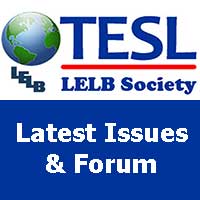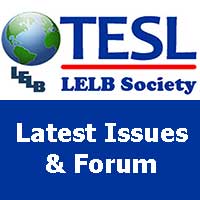The Role of Imitation in Language Acquisition + Best Tips
The role of imitation in language acquisition and why it is so crucial. This article was written and narrated by Dr. Mohammad Hossein Hariri Asl. Author: Dr. Mohammad Hossein Hariri Asl Watch this video on the role of imitation in language acquisition Watch this video on YouTube What is imitation? Vygotsky (1987, as cited in …




